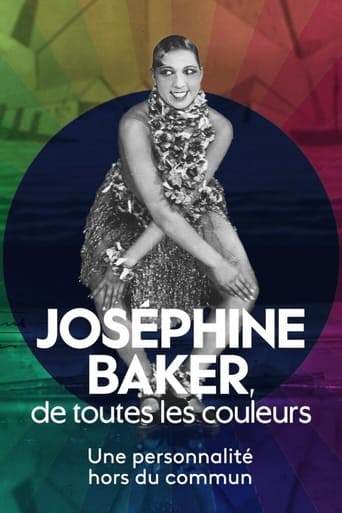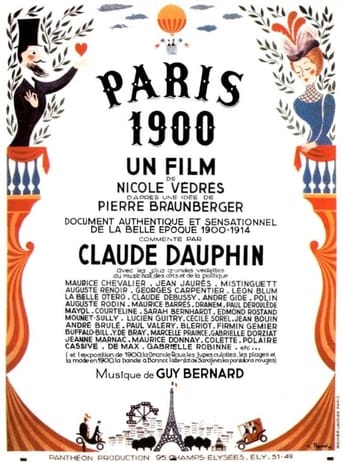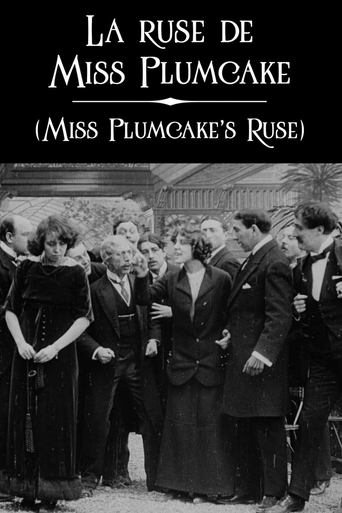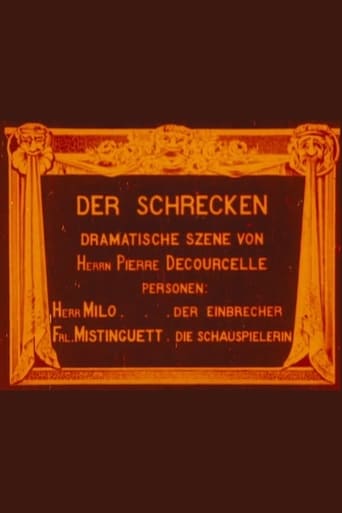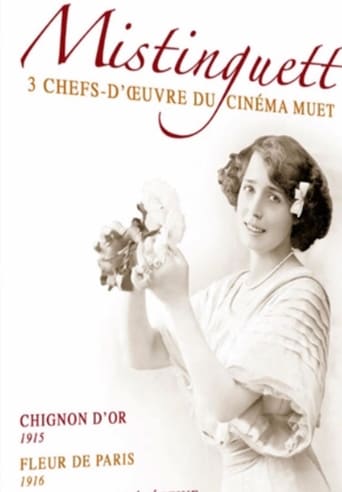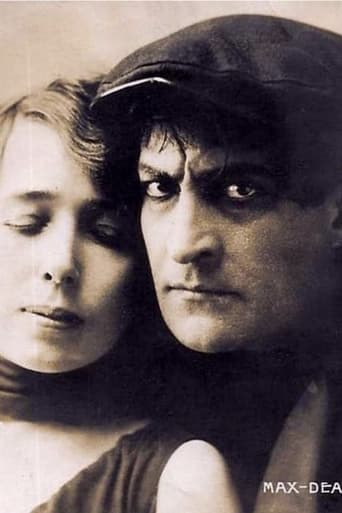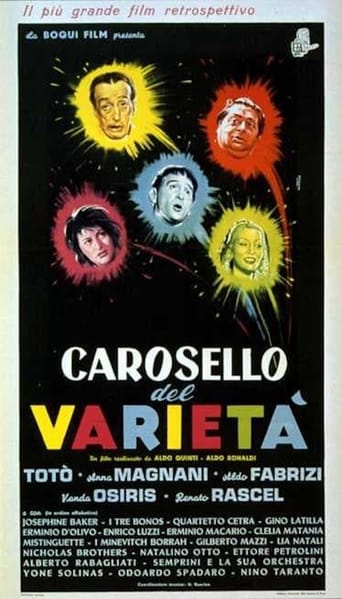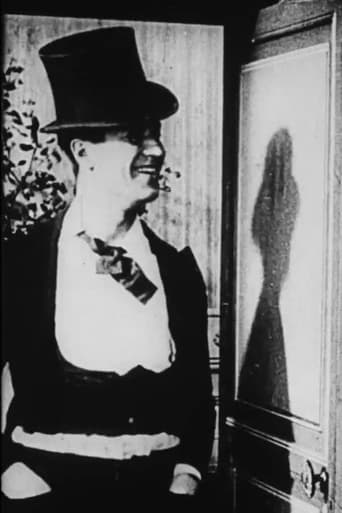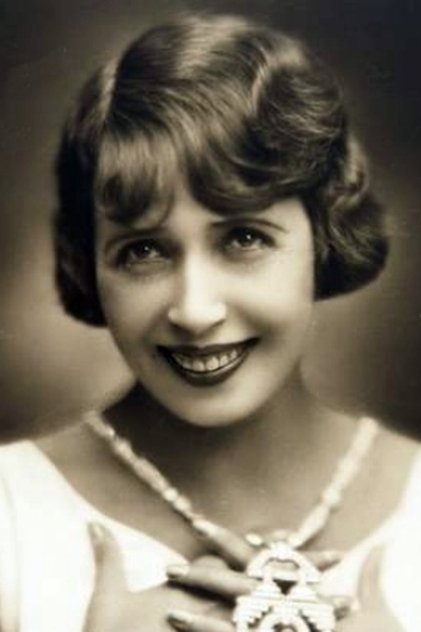
Mistinguett
Mistinguett (born Jeanne Florentine Bourgeois; 5 April 1873 – 5 January 1956) was a French actress and singer. She was at one time the highest-paid female entertainer in the world. The daughter of Antoine Bourgeois, a 31-year-old day-labourer, and Jeannette Debrée, a 21-year-old seamstress, Jeanne Bourgeois was born at 5 Rue du Chemin-de-Fer (today Rue Gaston-Israël), in Enghien-les-Bains, Val-d'Oise, Île-de-France, France. The family moved to Soisy-sous-Montmorency where she spent her childhood; her parents later worked as mattress-makers. At an early age Bourgeois aspired to be an entertainer. She began as a flower seller in a restaurant in her hometown, singing popular ballads as she sold blossoms. After taking classes in theatre and singing, she began her career as an entertainer in 1885. One day on the train to Paris for a violin lesson, she met Saint-Marcel, who directed the revue at the Casino de Paris. He engaged her first as a stage-hand, and here she began to pursue her goal to become an entertainer, experimenting with various stage-names, being successively Miss Helyett, Miss Tinguette, Mistinguette and, finally, Mistinguett. In the 1880s Mistinguett visited her neighbour Anna Thibaud to ask for advice. Thibaud told her, "To succeed in the theatre ... you must be pretty. You must excite men." Mistinguett asked if she meant that she had to excite the crowds. Thibaud repeated, "No, the men!" Bourgeois made her debut as Mistinguett at the Casino de Paris in 1895 and went on to appear in venues such as the Folies Bergère, Moulin Rouge and Eldorado. Her risqué routines captivated Paris, and she went on to become the most popular French entertainer of her time and the highest-paid female entertainer in the world, known for her flamboyance and a zest for the theatrical. In 1919, her legs were insured for 500,000 Francs. Though Mistinguett never married, she had a son, Leopoldo João de Lima e Silva, born in 1901, from a liaison she had with a Brazilian diplomat, Leopoldo José de Lima e Silva (1872-1931). She also had a long relationship with Maurice Chevalier, 13 years her junior. It is claimed that she and Chevalier informed the police in 1940 that singer-songwriter Charles Trenet was gay and consorting with youths. She first recorded her signature song, "Mon Homme", in 1916. It was popularised under its English title "My Man" by Fanny Brice and has become a standard in the repertoire of numerous pop and jazz singers. During a tour of the United States, Mistinguett was asked by Time magazine to explain her popularity. Her answer was, "It is a kind of magnetism. I say 'Come closer' and draw them to me." Mistinguett died in Bougival, France, at the age of 82, attended by her son, a doctor. She is buried in the Cimetière Enghien-les-Bains, Île-de-France, France. Source: Article "Mistinguett" from Wikipedia in English, licensed under CC-BY-SA 3.0.
- Taitara: Mistinguett
- Rongonui: 0.832
- E mohiotia ana mo: Acting
- Ra whanau: 1875-04-04
- Te Whanautanga: Enghien-les-Bains, Val-d'Oise, France
- Kāinga:
- E mohiotia ana ano: Jeanne Florentine Bourgeois

